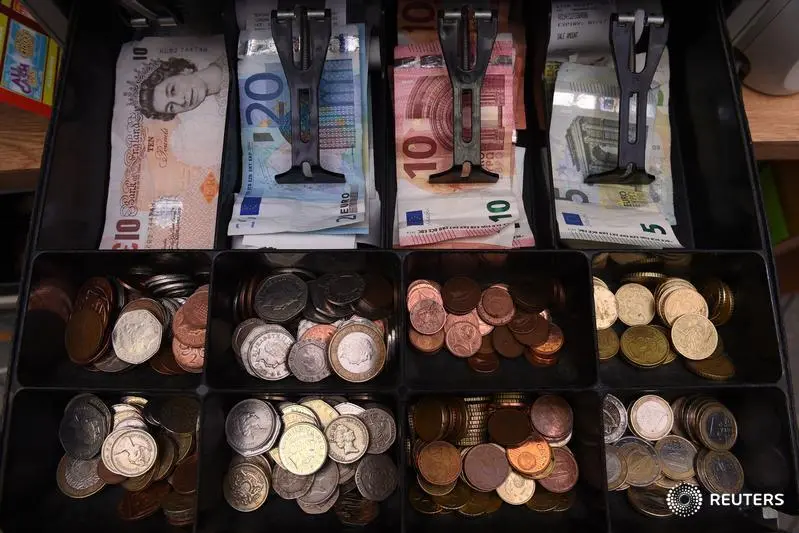PHOTO
Amsterdam - The Dutch central bank (DNB) said on Wednesday it has called on pension funds in the Netherlands to review their readiness to weather a sudden spike in interest rates following turmoil among British funds.
A spokesperson for the bank confirmed a Financial Times report that said the funds had been asked to review their holdings of liquid assets.
In Britain, the central bank was forced to intervene after a surge in yields on Sept. 28 threatened to overwhelm pension schemes that had loaded up on leveraged derivatives.
Dutch pension funds, which collectively hold around 1.5 trillion euros in assets, have seen their solvency improve dramatically over the past year as interest rates have risen -- reducing the value of their investments, but decreasing the value of their obligations by a far larger amount.
Dutch pension funds make less use of interest rate hedges than their British peers and benefit from the larger and more liquid eurozone government bond market.
However, some analysts say they still could be vulnerable in the event of a sharp sell-off in government bonds.
The central bank noted in its annual review of financial stability in the Netherlands published on Oct. 10 that Dutch funds had smoothly sold 88 billion euros of investments in the first half of 2022.
"When a rise in interest rates happens gradually, there is no liquidity risk" it said, though it noted that a liquidity crisis is possible.
The largest Dutch fund ABP, with 491 billion euros in assets said it is "monitoring developments."
"What happened in the UK is unprecedented," said spokesperson Asha Khoenkhoen in an e-mailed response to questions.
ABP's solvency ratio stands at 126%, up from 110% at the end of 2021 and 93.5% in 20202. It began indexing payments to pensioners to compensate for inflation in July for the first time in more than a decade.
"We have a prudent financial policy and we take into account extreme stress scenarios," Khoenkhoen said.
(Reporting by Toby Sterling; Editing by Bernadette Baum)





















